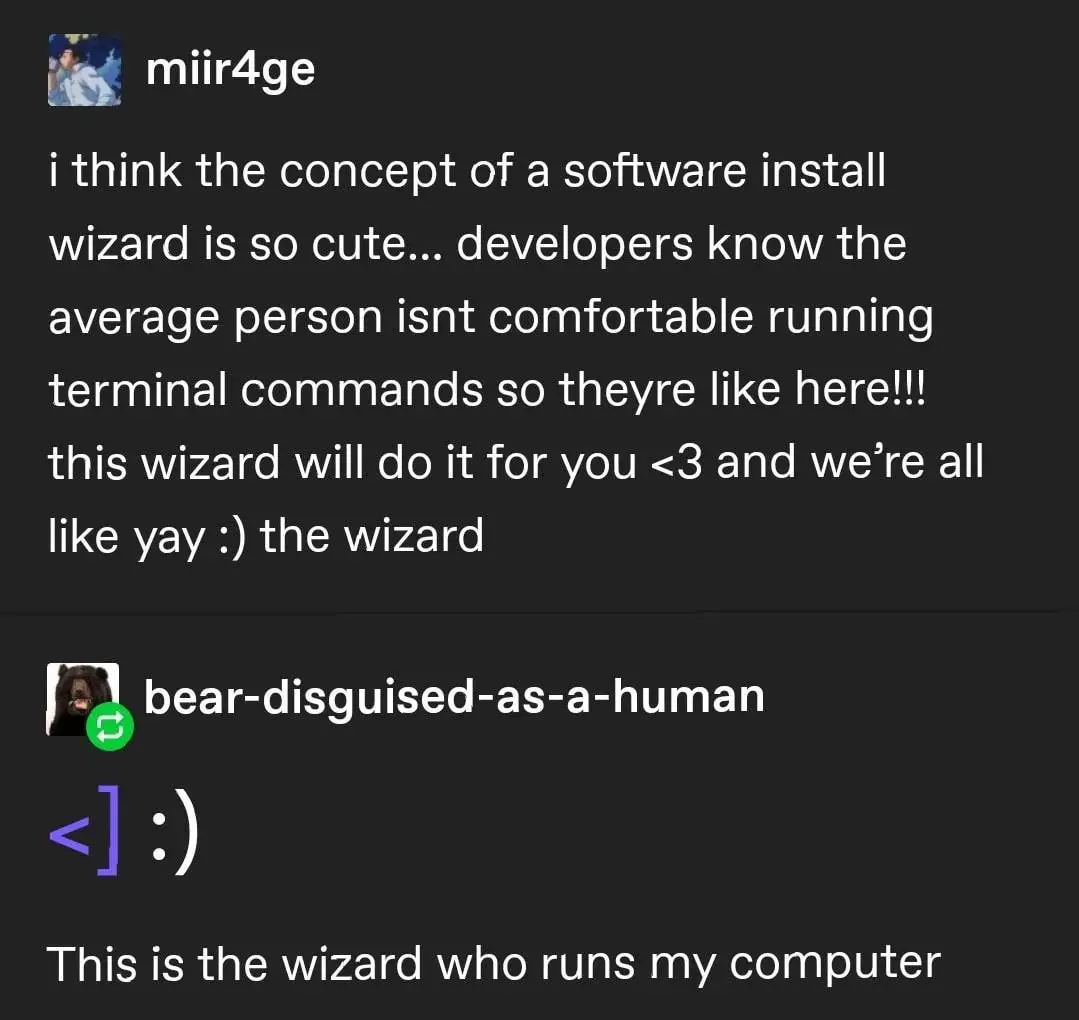Note: originally written in Italian, translated into English via DeepL and some manual corrections.
Some people in my country will know this: the new anti-piracy bill** has been approved in Italy, and now the doubts we free-sharing enthusiasts have to deal with are many:
- When will it actually become law? (I hope not exactly at the time of me writing this post 😰)
- How much money must the entertainment lobbies have spent to ensure that the law was passed with complete unanimity?
- What real consequences will it bring to us common citizens?
The point that perhaps struck me most about the law (here the PDF examined by the Commission, and the final report) - perhaps because I own several totally personal online properties, which have zero economic value to me, but unquantifiable sentimental value - is the obligation for ISPs to respond to instant blocking requests.
A copyright holder can send a blocking request that, when urgent - think of a live sports match, which is being illegally rebroadcast in real time - must be honoured in no more than 30 minutes by all providers, without any adversarial or formal process: it will be the owner of the blocked website who will then have to have legal proceedings opened to contest the blocking and demand restoration.
For unlawful sites, all domain and sub-domain names (DNS), and IP addresses, present and, I have no idea on the basis of what limits, all possible future ones, will be blocked.
By 'providers' is meant not only telephony operators, who provide the connection to the Internet, but in general those 'involved in any capacity in the accessibility' of illegal services, and explicit reference is even made to search engines.
Search engines do nothing more than return links accompanied by a description, and in fact do not directly provide pirated material: in practice, this law even wants to punish those who only provide links, not just those who allow downloads.
By this logic, the operators of social networks, (and I imagine that 'information society' in the text refers precisely to them), and possibly small online communities, will also be held responsible.
The potential for abuse and mistakes is very high, and indeed, viewed impartially, this move can in any case be summarised as the obligation for ISPs to build a mega-firewall, for all intents and purposes under the ultimate control of the state, with all the problems that come with that (even accidental ones).
Sooner or later there will be an incident of over-blocking, and problems will occur on Web services that have nothing to do with piracy, if they mess around with IPv4 address blocks.
In any case, a big rise in price will probably be seen on everyone's Internet bill, even those who do not consume or share pirated material!
Centralising a network that has existed for dozens of years, built from the beginning as decentralised, is not easy, and other states that strive to control information know this well.
An example can be made by comparing Russia and China: both states have a certain desire to control political dissent on the Internet, but:
- For Russia it's difficult, as it has a more traditional Internet infrastructure, which began to develop as decentralised long before Putin's arrival, when the present government was of a different type.
- For China it's easier, because the government in office at the time (the Communist Party, as it is today), understood the potential of the Internet, and made sure that it was developed in a centralised manner from the outset.
It is then inevitable that raising now, from nothing, this mega-wall of fire, will entail substantial costs, which will however be at the total expense of all of us consumers, instead of being at the expense of the billionaire entertainment multinational companies (who will only pay for the unified state platform that will connect rights holders and ISPs).
But this last detail, quite rightly, does not matter to our parliamentarians and senators, who, luckily for them, for many and many years have been receiving €1,200 and €1,650 per year respectively for their telephone expenses, thanks to those of us, dumbass citizens, who pay taxes.
Besides wanting to specifically and unequivocally counteract the 'live broadcasting' of duplicate content - something that is already causing bad vibes among those football fans with a limited budget - apart from the usual content in general (audiovisual, print, or software), the law goes expressly against end users, at least a certain category.
In fact, fines of up to €5,000 in the event of a repeat offence will be done for those who (as far as I can tell from reading the bill and watching other people's videos and articles) buy subscriptions to pirate paid services, such as the infamous 'pezzotti', the illegal IPTV packages.
All in all, despite the initial general fear and alarmism, it seems that the only users who have anything to fear are precisely the latter, because - although it has to be said that I know relatively little about the law, and it is not easy to apply generic text comprehension skills to legal texts, so who knows - the text talks about buying or renting, and not things like downloading at no cost.
If, therefore, surfing the Internet to find links to 'crunchy' football matches, with pixels as big as biscuits and a buffering habit, or downloading the tenth film of the week via torrent, or hoarding freely repackaged video games, one can well imagine that things will remain as they are in this respect.
On the other hand, those who participate in the sharing of copied content, even with a torrent left in seeding, could live decidedly less peaceful moments. In Italy it seems like no individual seeder has ever been prosecuted, nor has their connection ever been blocked, but with the authorisation to block IP addresses the situation risks change, and maybe from now on ISPs will have to stop trashing lawyers' letters; if not the hundreds that arrive every day from the United States, with the audacity of wanting European citizens to respect a law only present in the United States (the DMCA), at least the few annual ones from Italy.
Those who fare worse in this whole affair are certainly the members of the 'digital mafia' - as Massimiliano Capitanio, commissioner of AGCOM, calls it - i.e. those who sell pirated premium packages, making a profit: for them, fines of up to €15.5K and imprisonment for up to 3 years.
Perhaps, if this new law only targeted them, there would not be much to discuss: they have no passion for sharing, only for money.
Perhaps there would not be much of an objection even if, in going against the platforms that make certain links available, one were to consider taking action only against those for-profit companies: Google, Microsoft (with Bing), Facebook, Twitter, and the like.
But in Italy we have already had the destruction of TNTVillage, and I don't want the decimation also of all the other online town squares created by people for people - without profit, and indeed often at a loss, both in time and money - just because someone is bothered by the fact that the main feature of the Web is being used: hypertext links, invented to favour the free and unrestricted sharing of culture and entertainment.
Let's hope I can keep seeding without a VPN, the State must not put its nose in my Raspberry Pi.







https://lemmit.online/